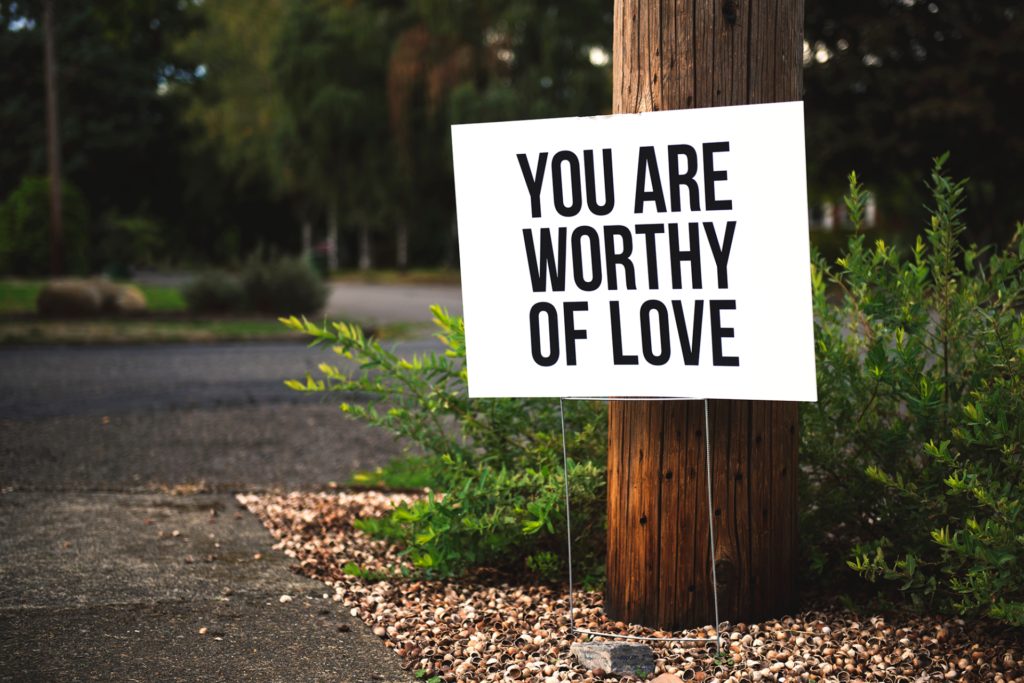
Every year, the 14th of February feels oddly like a day dedicated to just couples, as if those unattached don’t exist. But Valentine’s Day is about more than just romantic love. Do you recall pasting lace to construction paper as a child in school to bring home to your mother or slipping treats to your classmates? Long before Valentine’s Day became a day surrounded by societal pressures, it was simply a day to show and receive love in all its forms.
The ancient Greeks had six words for our modern equivalent of “love.” These ranged from philia, or deep friendship, to pragma, or longstanding love, to philautia, or self-love. This Valentine’s Day, follow our guide to practicing self-love and celebrate the most important relationship of all: the one with yourself.
Write a love letter to yourself
Putting pen to paper may be a lost art in our world of texts and emails, but the technique can have real effects on your mental health. Having tangible affirmations of positive self-love, such as a gratitude journal, only furthers the thought process and helps manifest the ideas.
Writing a love letter to yourself can be a great way to commemorate the well-intentioned holiday. We are our own worst critics, and it can be a true exercise of self-love to see past the flaws we constantly identify. But that’s part of the challenge: challenge yourself to experience pure self-love and write those attributes down. Try to focus on non-physical factors. Are you proud of your perseverance, quick wit, or taste in music? Do you love how you can make others laugh or your ability to handle anything life has thrown your way this year? We give you full permission to brag for an entire page. (Bonus points for decorating your letter with stickers and cut-out hearts!)
Put yourself first
Putting your emotions and needs before anyone else is totally acceptable when celebrating self-love. More often than not, we tend to drain ourselves by giving too much to our jobs or the needs of others. Cook yourself an amazing three-course meal, splurge on a relaxing bubble bath, or just set some time aside to do whatever you feel like doing.
Even consider going through with the activities you’ve reserved for doing while in a relationship. You don’t need a partner to have fun: go for that hike, watch your favorite movie cuddled up on the couch, or buy that box of chocolates anyway.
Take a social media break
If a romantic partner is a personal goal of yours, you may be sensitive to flooded timelines of images of couples. Spend the day away from Instagram and Facebook if needed. Time outside of your screen can bring about lost activities, like reading or spending time outside, which may be exactly what you need anyway!
Spread the love
If you are in an emotional and physical space to do so, consider spreading the love to the less fortunate. Being single on Valentine’s Day can be tough for some but putting your circumstances into perspective can help alleviate the pain. Volunteer at a local animal shelter, shelter for the unhoused, or a youth shelter. The appreciation from those in need is greater than any stuffed animal or heart balloon that will inevitably end up deflated on your floor can offer.
Connect with other single friends
Chances are you are not the only person in the world who is single on Valentine’s Day. Your friends and loved ones are likely feeling the exact same way, especially after our socially distanced year during the pandemic. Use the overly commercialized holiday to forge real connections with the other unattached people in your life. Check in on your community and take solace in the fact that you’re never truly alone. Caring for all the relationships in your life is important year round.
Remember: Valentine’s Day happens once a year and you are strong enough to handle it. Recognize that your self-worth can never be tied to your relationship status. By fostering the most important relationship of all, you are laying the foundation for a great relationship with another person, romantic partner or otherwise.
Being alone and being lonely are not one and the same. But if you feel symptoms of depression may be more frequent than simply one day, API is here for you. Visit our Center for Mental Health and Addictive Disorders for more information on our treatment philosophy and how we can help.
